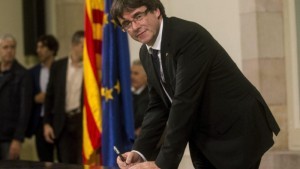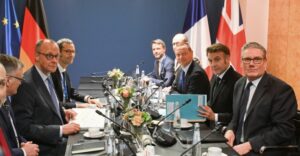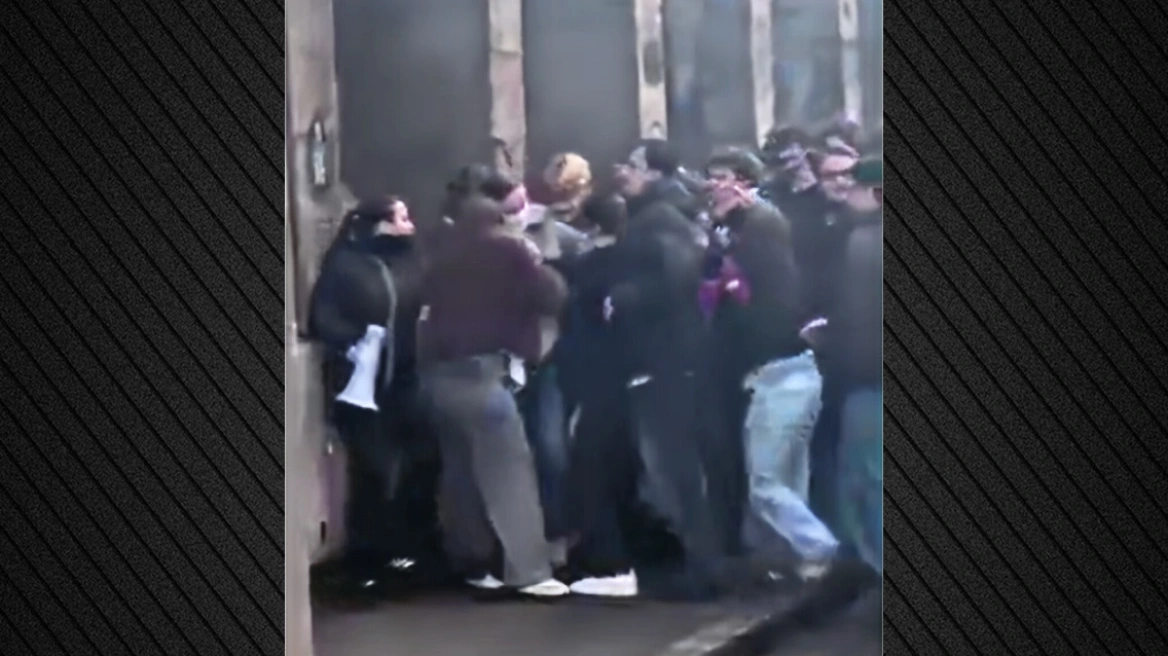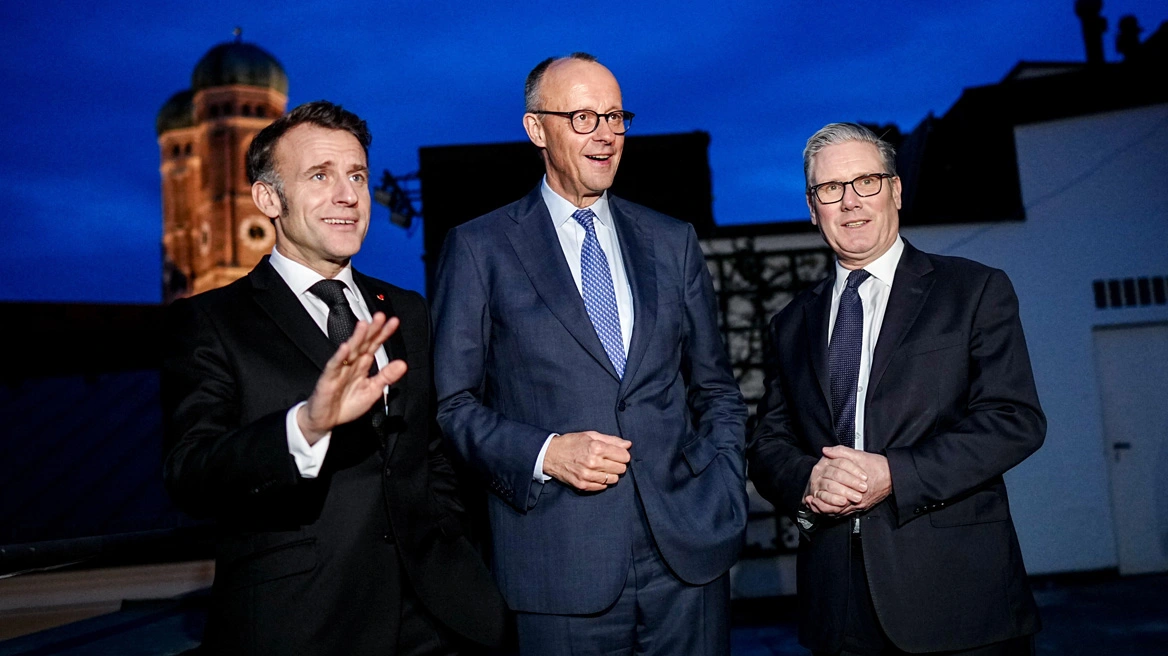Dismissed Catalan President Carles Puigdemont is not seeking political asylum in Belgium and will not return to Spain until he is guaranteed a fair trial, he told a packed news conference in Brussels’ European quarter on Tuesday (31 October).
Puigdemont, who had been off the radar after Spain deposed him and took control of the region last Friday, said he had fled “not to Belgium but Brussels, it’s important to say that because it’s the capital of Europe”. He also stressed that he would take part in an election called by Madrid and accept its result.
The former president of Catalan’s regional government did not specify how long he plans to stay in the country but said he would return “immediately” when he and other Catalan politicians receive assurances of a fair trial.
He said that he will remain the president of Catalonia and that he was in Brussels “to explain the Catalan problem in the institutional heart of Europe”.
“We want to denounce the politicisation of the Spanish justice, its lack of impartiality, its pursuing of ideas, not crimes, and to explain to the world the serious democratic deficiencies the Spanish state has.”
Spanish Attorney General José Manuel Maza announced charges against Puigdemont and 19 other Catalan politicians on Monday. For the most serious crimes they are charged with, rebellion and sedition, the Catalan politicians could face up to 30 years in prison.
Spain’s constitutional court ruled that the 1 October referendum, when the majority of those who turned out favoured Catalonia’s independence, was illegal. Police arrested and used physical force against protestors on the day of the referendum.
Since then, Catalan leaders and the Spanish government have been in a standoff. On Friday (27 October), the Catalan parliament declared the region’s independence from Spain.
Spanish Prime Minister Mariano Rajoy immediately responded by sacking Puigdemont and the rest of the Catalan regional government. Rajoy called a snap election to be held on 21 December.
Puigdemont appealed to the international community and “especially Europe” to react and take a stand against what he called the Spanish government’s suppression of democracy and freedom of expression.
He also dismissed rumours that he is mingling with the Flemish nationalist party NVA. Belgian Junior Minister for Asylum Theo Francken, a member of the NVA, told TV station VRT on Sunday that Puigdemont may request asylum. Puigdemont arrived in Brussels on Monday with a delegation of Catalan politicians.
“This has nothing to do with Belgian politics,” Puigdemont said. He denied that he has met with Belgian politicians since arriving in Brussels.
Paul Bekaert, the lawyer representing Puigdemont in Belgium, told Reuters before the news conference that the politician was considering applying for asylum.
Bekaert has previously represented Basque separatists who fought extradition from Belgium to Spain in the 1990s. But he told Reuters that it would now be more difficult to reject extradition since the European Arrest Warrant was introduced in 2004. Spain has not yet issued such a warrant for the Catalan politicians.
Puigdemont spoke to the press for around 40 minutes in Spanish, Catalan and French, and briefly responded to a question in English.
A crowd of an estimated two to three hundred people filled a small room for the news conference, which was held across the street from the European Council headquarters and close to the European Commission at the Brussels Press Club. The Press Club is privately owned.
After the news conference, Puigdemont was escorted past a crowd of protestors and drove away in a Brussels taxi cab. Most protestors waved Spanish and EU flags, while three who stood outside the building held Catalan flags.
One protester with a Catalan flag said he is Flemish and wants his own region to secede from Belgium. Dimitri Hoegaerts told EURACTIV.com that he hopes Belgium will recognise Catalonia’s independence; he showed his European Parliament access badge for lobbyists to clarify spelling of his name.
Daily newspaper La Libre Belgique reported before the news conference started that Belgian Prime Minister Charles Michel had rejected a request from organisers for Puigdemont to speak in a different building, the nearby Residence Palace, which is owned by the Belgian federal government.
In a statement Tuesday afternoon, Michel said, “The same rights and duties as any European citizen for Mr Puigdemont, not more or less.”
The Belgian prime minister tried to stifle uproar after Francken spoke out on Sunday, warning the Flemish politicians not to “add fuel to the fire”. Michel’s liberal party is in a governing coalition with the NVA.
Source: euractiv.com
Ask me anything
Explore related questions





